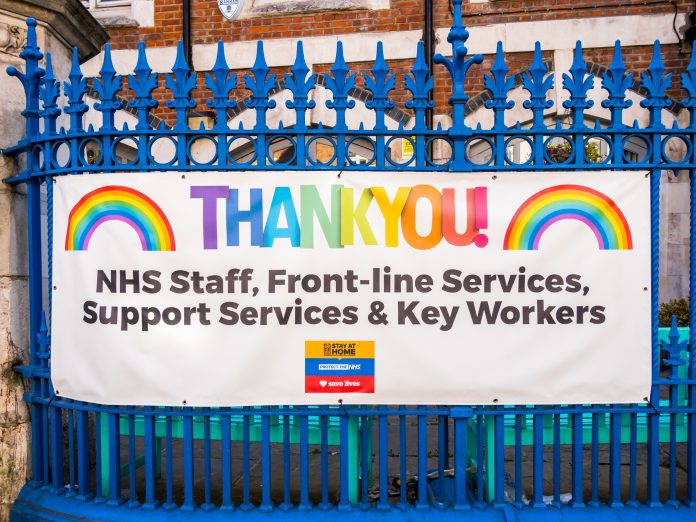A Health Committee report finds that in the “most optimistic scenario” of increased treatment over the next three years, the NHS backlog could come down to pre-pandemic levels in 2025
A coalition of MPs warn that delayed NHS treatment, from mental health services to cancer care, could last until atleast 2025.
Right now, there are 93,000 vacancies for NHS positions – with staff shortages in almost every single specialisation. The absence of workforce is worse in social care, with 105,000 vacancies and a turnover rate of 28.5%.
The ongoing workforce issue was a key omission according to healthcare professionals assessing NHS funding in the 2021 Autumn Budget.
Why will it take four years to solve the NHS backlog?
The Health and Social Care Committee say that they were told by NHS Providers that “demand was already outstripping capacity” – before the pandemic hit the UK in 2019.
According to the report, which compiles a lot of data across all sectors of treatment, four years is the best possible timeline.
Economists at the Institute for Fiscal Studies say that the number of people waiting for treatment will rise to nine million, in 2022. This number will only decrease by 2025, but only if the NHS treats an additional 1.6 million people per year. This will mean an extra 2 billion per year needs to be invested into the NHS.
These figures are also based on positive assumptions about the “known unknowns” – the people who are yet to come forward and seek treatment. Research found that these people who need treatment may be reluctant to go to hospital or worried about taking up NHS services at a time of viral crisis, resulting in them not yet reaching out to the NHS.
Committee recommends recovery plan by April 2022
The report presents a range of recommendations for how to avoid an eternal NHS backlog. The main suggestion is a published, in-depth recovery plan. The MPs say this plan should be a collaboration between the Department of Health and Social Care and the NHS, published promptly – before April, 2022.
The MPs explicitly outline that the plan shouldn’t just look at delayed surgeries, but also touch on emergency care, mental health, primary care, community care and crucially, social care. The battle to elicit substantial social care funding continues – even with the introduction of the Health and Social Care Levy. That money is earmarked for the NHS, with remnants going to social care after a few years.
MPs write that: “Without the right support for social care, a recovery plan for the NHS is doomed to failure. The Government deserves credit for grasping the nettle of social care reform by publishing its White Paper on 1 December 2021. Although the White Paper sets out an “ambitious 10-year vision”, it does not acknowledge the scale of resource needed if the sector is to recover from the crisis it faces right now.”
They also want the plan to reflect the needs of local populations, incorporate what has already been announced in the ten-year plan, and look at the role of the new Integrated Care Boards (ICBs).
“We could be looking at a whole different story now”
In October 2021, NHS emergency services came under the greatest strain. One in four people were waiting for over four hours to be admitted or treated in A&E. Among them, there were individuals who had suffered heart attacks or severe COVID. Healthcare professionals and those waiting for treatment have been voicing concerns about the NHS backlog, with delayed cancer care as a poignant, life-or-death example.
Shirley Cochrane, an expert by experience, discussed her story of attempting to access post-cancer care during the pandemic. Speaking to MPs in September, 2021, she was asked if any attempt to access NHS services “went well” throughout her 18 month experience of no medical support.
She said: “Around the time of receiving the letter telling me to self-manage, I had some concerns. I thought that I had found a lump. I could not really get through on the generic number supplied, so I reached out to my local MP, Priti Patel. I said to her, ‘We are being told that the NHS is open for business, but I can’t get an appointment.’
“She managed to secure for me a telephone appointment, which was followed by a mammogram. Thankfully, that was okay. But had I not had the strength and tenacity to reach out to an MP, I do not know what I would have done.
But had I not had the strength and tenacity to reach out to an MP, I do not know what I would have done.
“Had there been a problem—had the cancer been back—we could be looking at a whole different story now.”











